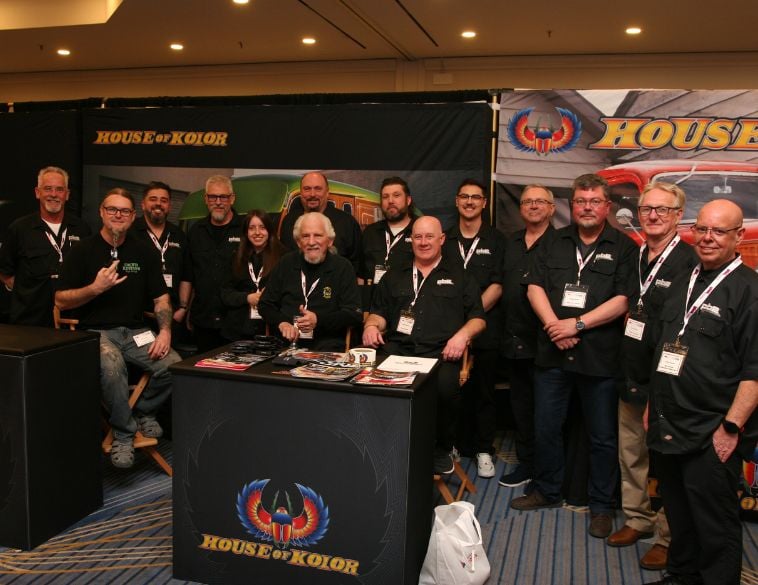Understanding your employees’ skills and goals is key to a successful business.
When you own and/or operate a collision centre, there are many different hats you have to wear and many different personalities you come into contact with, whether it’s your staff, customers or other stakeholders.
Recently I found myself in a position of needing to fill a senior estimating role in our shop. I approached a potential candidate who in my view seemed ideal for the job. He does great work, is detail oriented and is an asset to our culture. There was no doubt that this employee would have been a definite upgrade in the needed position.
When I offered it to him he was clear with his response. He declined, saying he was perfectly happy where he was and didn’t feel it was for him. I truly appreciated this response and respected his position.
A different idea
Initially I was quite shocked. Tracing my own career path, where I started as a junior estimator and worked my way up to become General Manager, I was driven by the need to grow and make a difference both within the shop and also within the industry.
Yet I think that as a manager, sometimes we forget that not everybody that works for us has the same goals and aspirations as we have. There are people that are perfectly happy working in certain roles, while others want to take on more responsibility.
The truth is, our business and any successful business for that matter, needs to listen to its employees and also ensure they understand what their expectations are and the career opportunities available to them. Everybody has different goals and aspirations in life. For some it might be a corporate career path, while for others it may be earning enough to spend time with their family or going on vacation.
Just because you think that somebody might be the right fit for a particular job, doesn’t always mean they are. Even if they are enticed by the prospect of more money or greater benefits, if they aren’t truly ready for the challenge they can burn themselves out and quit, or not step up to the plate, which can create tension among the team and cause bigger issues.
Strengths and weaknesses
It’s important as a manager to find out what motivates your staff, what their strengths are and what their weaknesses are related to the job.
In order to succeed as a business, you need to ensure that your employees have the tools and support they require to be successful in their role and if they want it, that you provide a career path for them.
Although for many organizations the idea to promote within is often seen as part and parcel of running a successful shop or business, it might not always be the case. Getting back to the senior estimator role, there are times where recruiting from outside the organization might be the best option for you, provided you’re able to find the right candidate that not only has the skills required for the job but also fits well within your corporate and team culture.
Ultimately a business is only as good as the people who work there. If your employees are truly happy, then they’re productive and as a manager and an organization, you will be truly successful.



